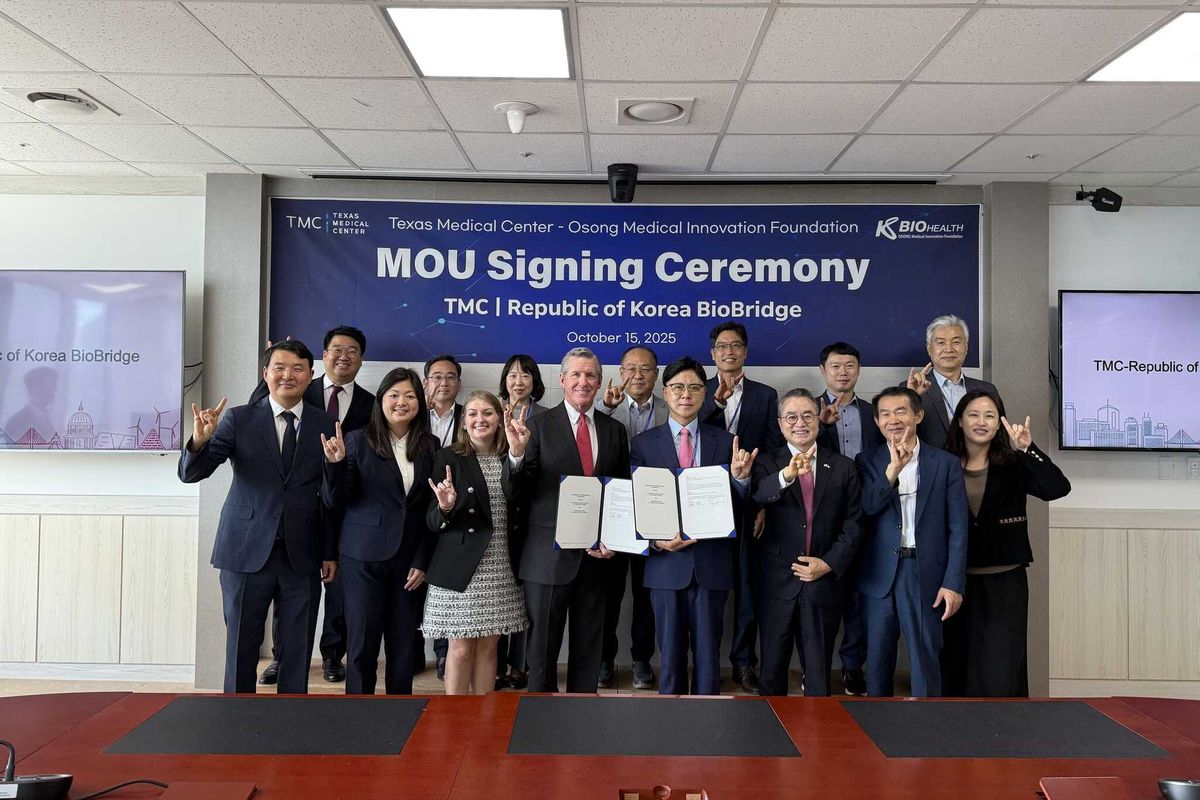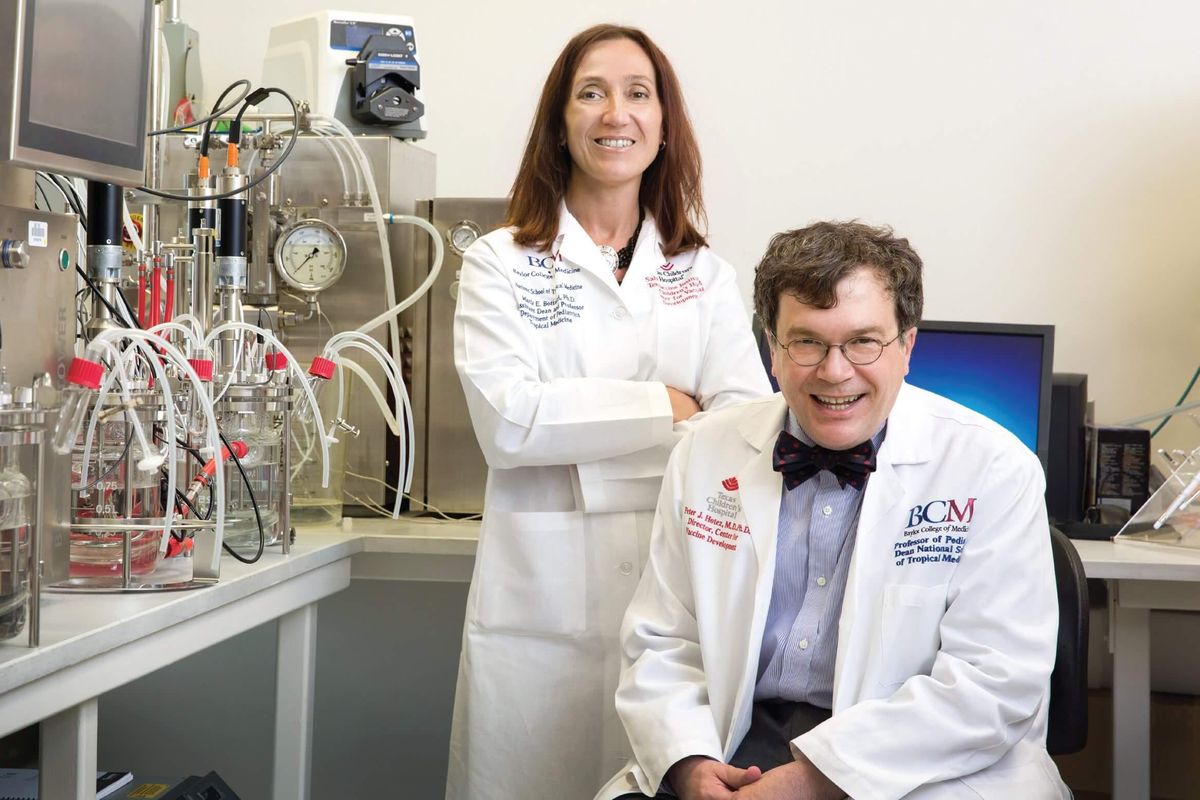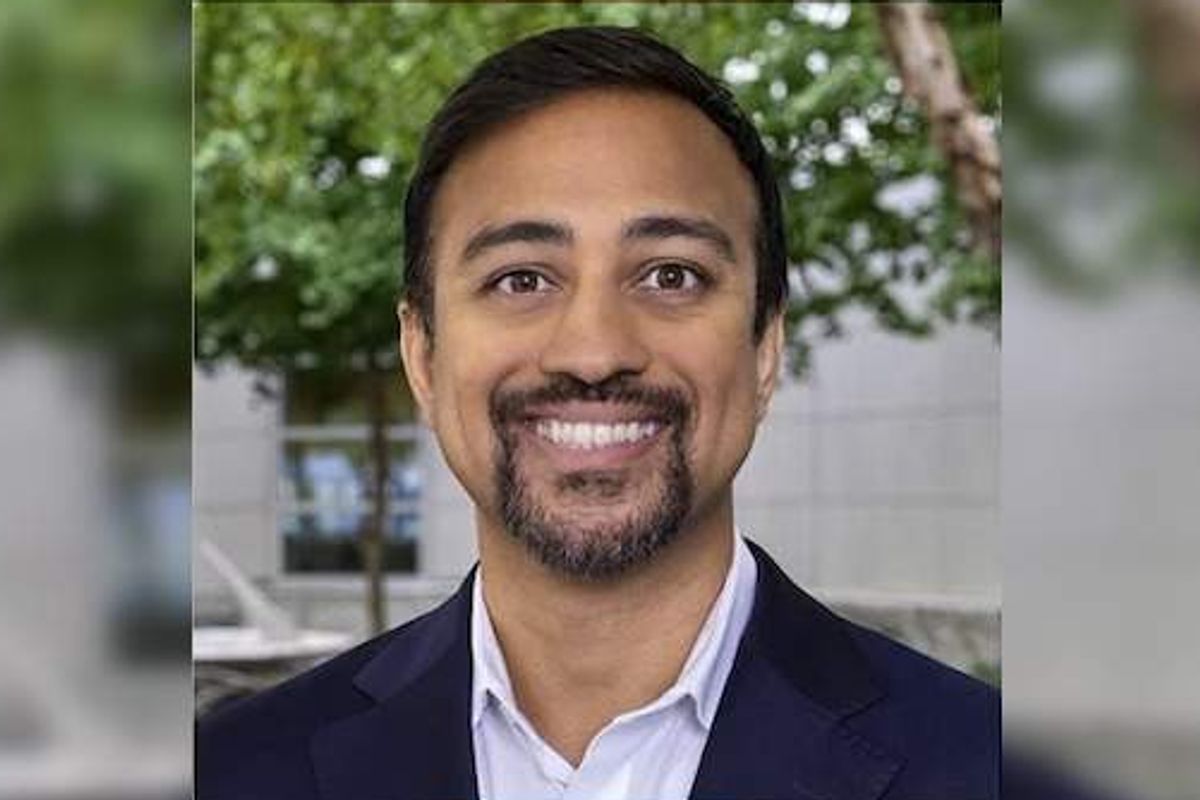Houston Methodist awarded $4M grant to recruit head of Neal Cancer Center
new hire
Armed with a $4 million state grant, the Houston Methodist Academic Institute has recruited a renowned expert in ovarian and endometrial cancer research to lead the Dr. Mary and Ron Neal Cancer Center.
The grant, provided by the Cancer Prevention and Research Institute of Texas, enabled the institute to lure Dr. Daniela Matei away from Northwestern University’s Feinberg School of Medicine in Chicago. There, she is the Diana Princess of Wales Professor in Cancer Research and chief of the Division of Reproductive Science in Medicine.
Matei will succeed Dr. Jenny Chang, who was hired last year to run the Houston Methodist Academic Institute.
At the Neal Cancer Center, located in the Texas Medical Center complex, oncologists work on innovations in cancer research, treatment, and technology. The center opened in 2021 after the Neals donated $25 million to expand Houston Methodist’s cancer research capabilities. It handles about 7,000 new cases each year involving more than two dozen types of cancer.
U.S. News & World Report puts Houston Methodist Hospital at No. 19 among the country’s best hospitals for cancer care, two spots below Chicago’s Northwestern Memorial Hospital. The University of Texas MD Anderson Cancer Center in Houston sits at No. 1 on the list.
Matei’s research related to ovarian and endometrial cancer holds the potential to benefit tens of thousands of American women. The American Cancer Society estimates:
- 21,010 women in the U.S. will be diagnosed with ovarian cancer, and 12,450 women will die from it.
- 68,270 women in the U.S. will be diagnosed with endometrial cancer, and 14,450 women will die from it.
Matei is leaving Northwestern in the wake of widespread cuts in federal funding for medical research. The National Institutes of Health (NIH) has canceled or frozen tens of millions of dollars in grants for Northwestern, the Wall Street Journal reports, and the university has been plugging the gaps with its own money.
“The university is totally keeping us on life support,” Matei told the newspaper last year. “The big question is for how long they can do this.”
According to the Wall Street Journal, Matei’s $5 million NIH grant supporting 69 cancer trials has been caught up in the federal funding chaos, so Northwestern stepped in to cover trial expenses such as nurses’ salaries and diagnostic procedures.
Trial participants include some patients with rare, incurable tumors who are undergoing experimental treatments aligned with the genetics of their condition, the newspaper says.
“It’s certainly a life-and-death situation for cancer patients on these trials,” Matei said in 2025.
Matei is among the beneficiaries of more than $15 million in grants approved February 18 by CPRIT’s board. The grants went toward recruiting five cancer researchers to institutions in Texas.
One of those grants, totaling $1.5 million, went to the University of Houston to recruit Akash Gupta, a research scientist at MIT’s Koch Institute for Integrative Cancer Research. The remaining grants went to recruit scientists to The University of Texas at Dallas and The University of Texas Southwestern Medical Center.


















